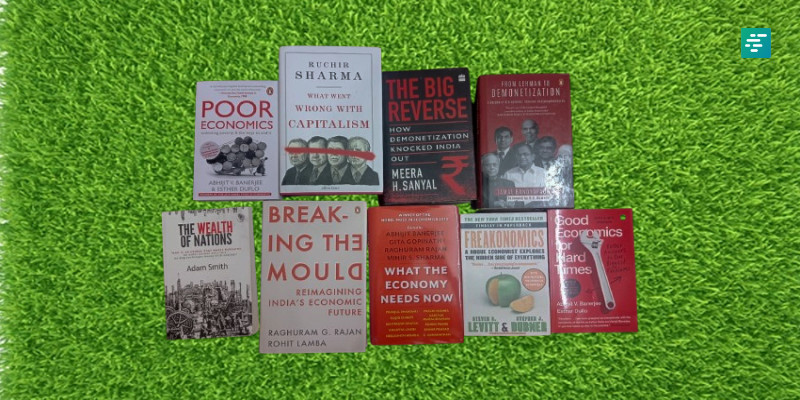
12 Must-Read Books on Economics for Practical Understanding Beyond Academics
- Campus Updates
- 25 Sep, 2024
- 2703
As a social entrepreneur and economics enthusiast, I’ve spent years exploring books that provide practical insights into economics beyond the academic sphere. These 12 books, spanning topics from global finance to behavioral economics and public policy, offer a deeper understanding of the economic forces shaping our world. Whether you’re curious about the implications of global capitalism, India's economic policies, or human decision-making, these works provide valuable perspectives.
1. "Freakonomics" by Steven D. Levitt and Stephen J. Dubner
This bestseller turns conventional wisdom upside down, using economic principles to uncover hidden truths behind everyday phenomena. Levitt and Dubner explore topics like crime rates, parenting, and education using data-driven insights, showing how incentives shape our decisions.
Why read it? It offers a fun yet insightful take on how economics operates in unexpected areas of life.
2. "The Wealth of Nations" by Adam Smith

Adam Smith’s foundational work on capitalism, free markets, and the “invisible hand” is essential for understanding modern economic principles. Although written in 1776, its influence continues to shape policy and thought on economic growth and productivity.
Why read it? To grasp the foundations of free-market economics and the origins of modern economic theory.
3. "Capital in the Twenty-First Century" by Thomas Piketty
Piketty’s groundbreaking work focuses on income and wealth inequality, tracing economic patterns over centuries. He argues that wealth inequality grows over time unless there is active intervention, sparking global debates on taxation, redistribution, and wealth management.
Why read it? For an in-depth, data-driven exploration of the dynamics of wealth inequality and its implications for capitalism.
4. "The Undercover Economist" by Tim Harford
Tim Harford offers a highly readable introduction to the economics behind everyday decisions, using real-world examples to illustrate how markets work. Harford demystifies complex economic concepts like pricing, trade, and globalization.
Why read it? It provides a clear, accessible explanation of how economic principles apply to everyday life.
5. "Thinking, Fast and Slow" by Daniel Kahneman
This book is essential reading for understanding behavioral economics. Kahneman explains how our minds are divided into two systems: fast, intuitive thinking and slow, deliberate thinking. He explores how biases and heuristics influence economic decision-making.
Why read it? It offers insights into why people make irrational economic decisions and how cognitive biases affect markets.
6. "Good Economics for Hard Times" by Abhijit V. Banerjee and Esther Duflo

This book by Nobel laureates Banerjee and Duflo tackles contemporary global economic issues like inequality, immigration, and climate change. Through rigorous data analysis, they debunk myths and offer practical policy solutions for a fairer world.
Why read it? For evidence-based insights into today’s most pressing economic problems and the policies that could address them.
7. "What The Economy Needs Now" by Abhijit V. Banerjee, Gita Gopinath, Raghuram Rajan, and Mihir Sharma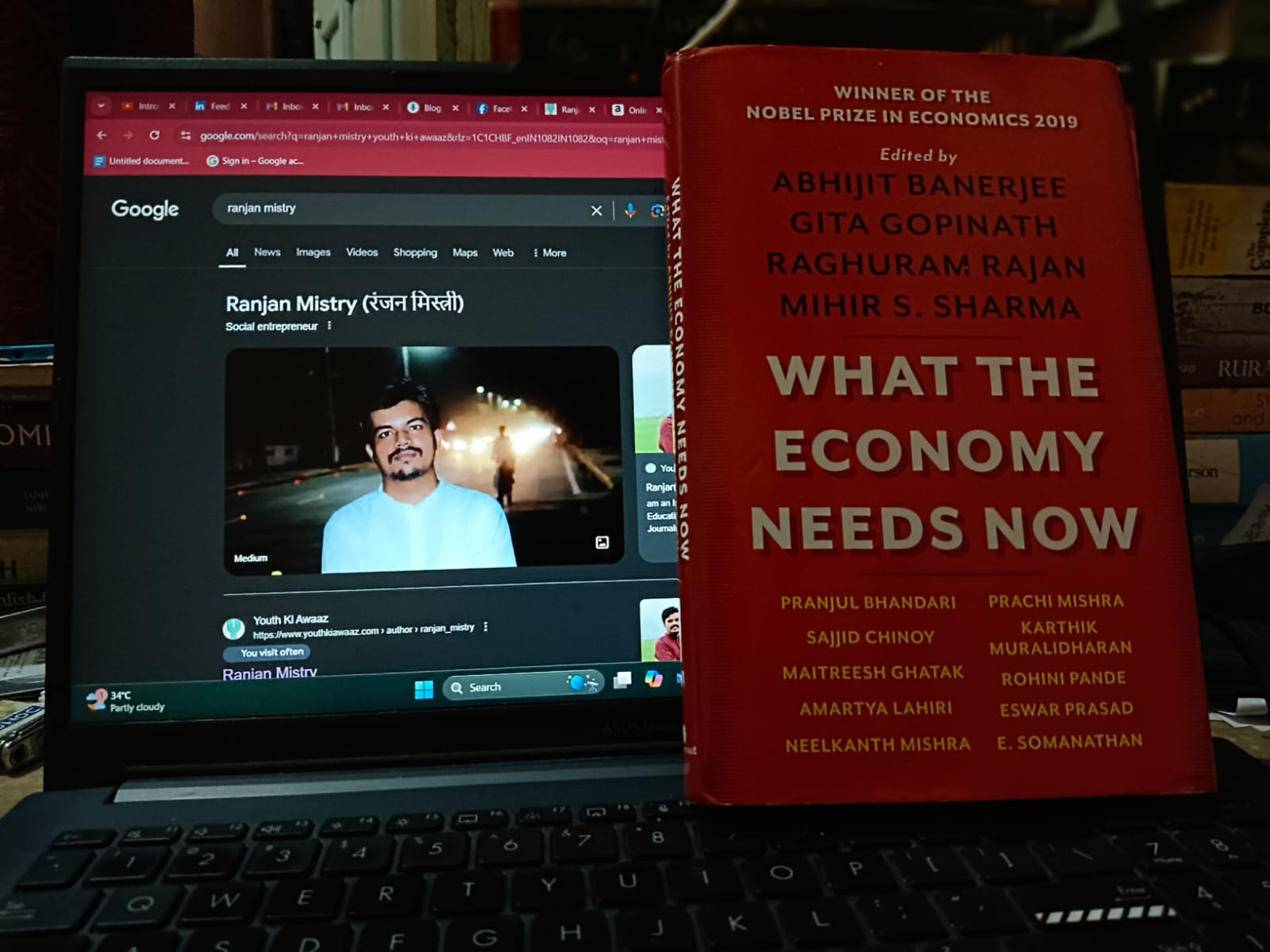
This collection of essays by prominent economists discusses how India can address its current economic challenges. The book highlights job creation, environmental issues, and policy reforms needed for sustained growth in an increasingly complex global environment.
Why read it? It offers practical policy solutions for emerging economies, with a focus on India’s growth trajectory.
8. "Breaking the Mould" by Raghuram G. Rajan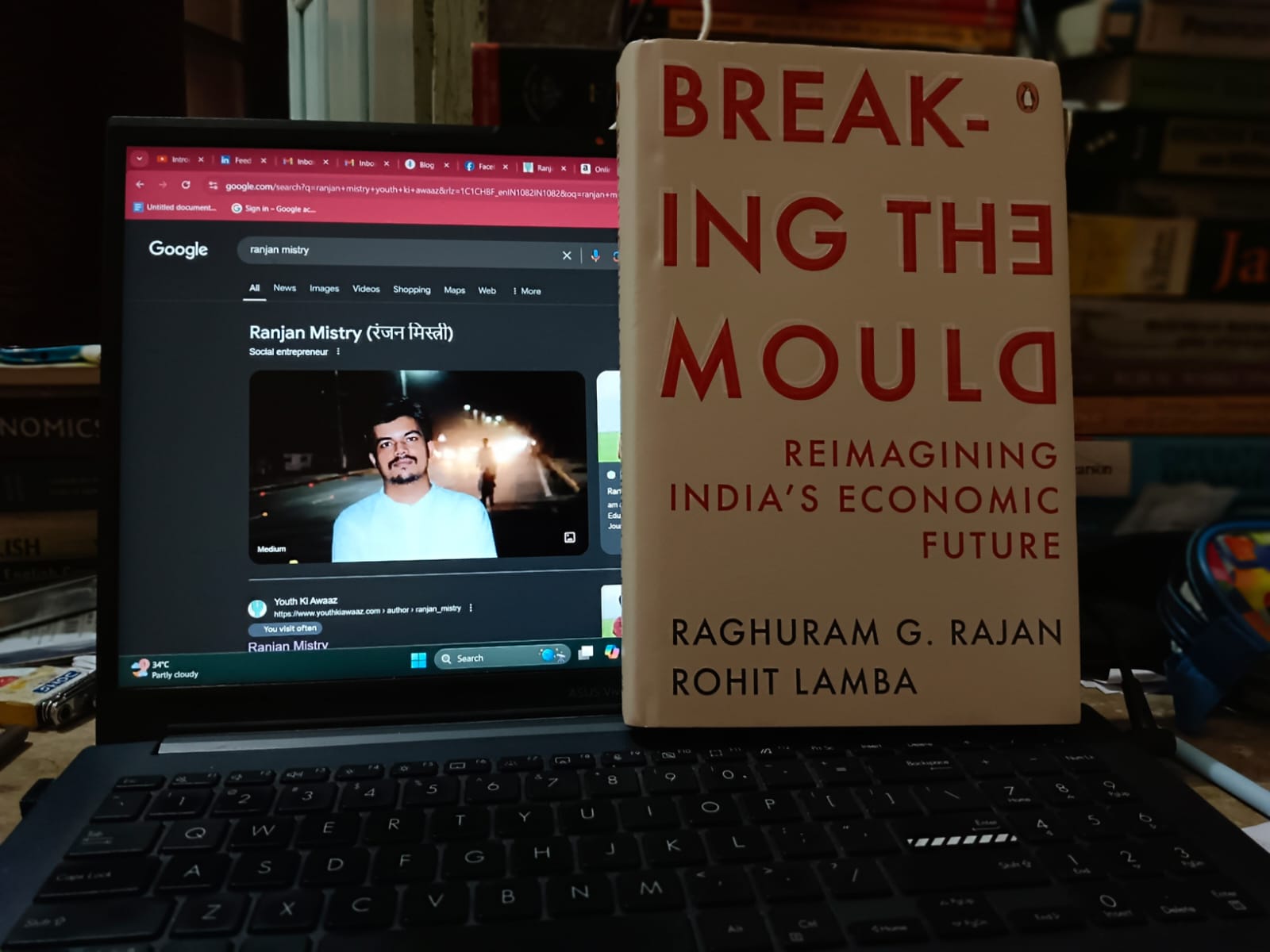
Raghuram Rajan, former RBI Governor, offers insights into India’s economic challenges, focusing on balancing growth with equity. He explores banking reforms, corporate governance, and the need for institutional changes to support sustainable development.
Why read it? For a thoughtful analysis of how emerging markets like India can navigate growth and inequality challenges.
9. "Poor Economics" by Abhijit V. Banerjee and Esther Duflo
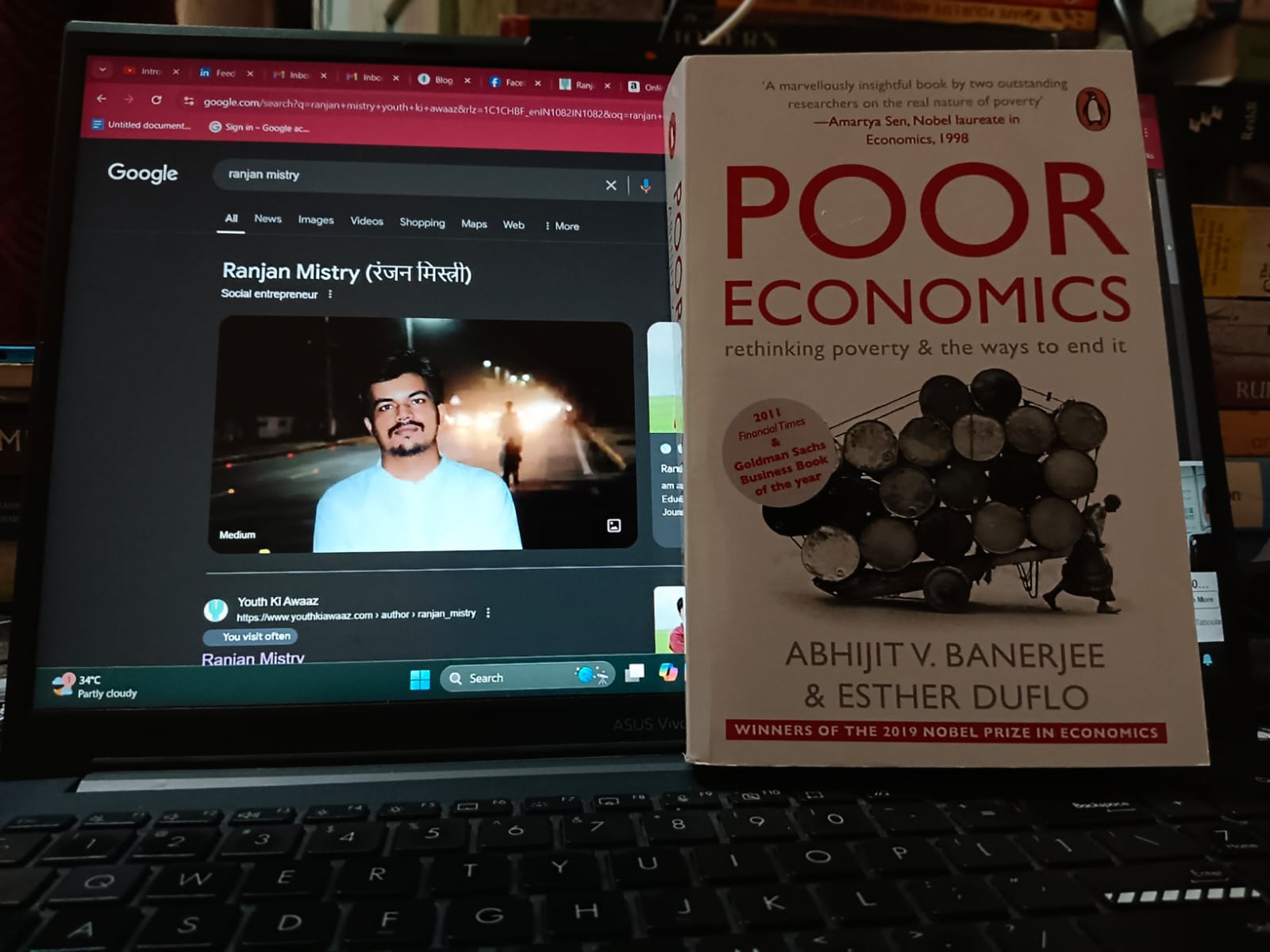
In "Poor Economics," Banerjee and Duflo explore the economics of poverty and the most effective ways to help the world's poor. Through rigorous field research, they challenge assumptions about poverty and propose practical solutions based on real-world evidence.
Why read it? It provides powerful, evidence-based insights into poverty alleviation and how small, targeted interventions can make a big difference.
10. "From Lehman to Demonetization" by Tamal Bandyopadhyay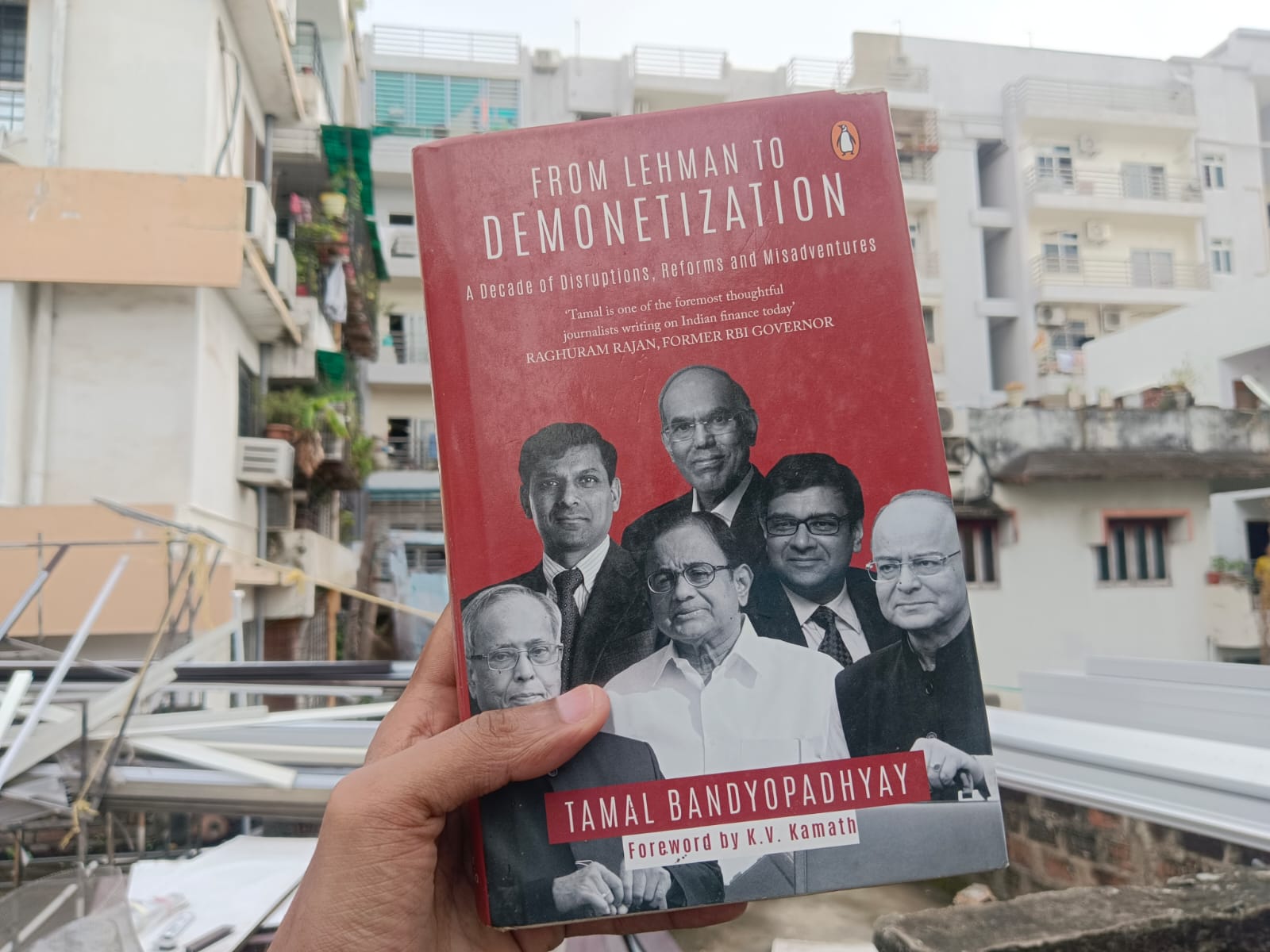
This book provides an insider's perspective on major financial events, from the 2008 Lehman Brothers collapse to India’s 2016 demonetization. Bandyopadhyay uses his journalistic expertise to unpack the causes and effects of these events, shedding light on India's evolving financial system.
Why read it? It offers a comprehensive look at how global financial crises intersect with India’s economic policies, with lessons for emerging markets.
11. "The Big Reverse: How Demonetization Knocked India Out" by Meera Sanyal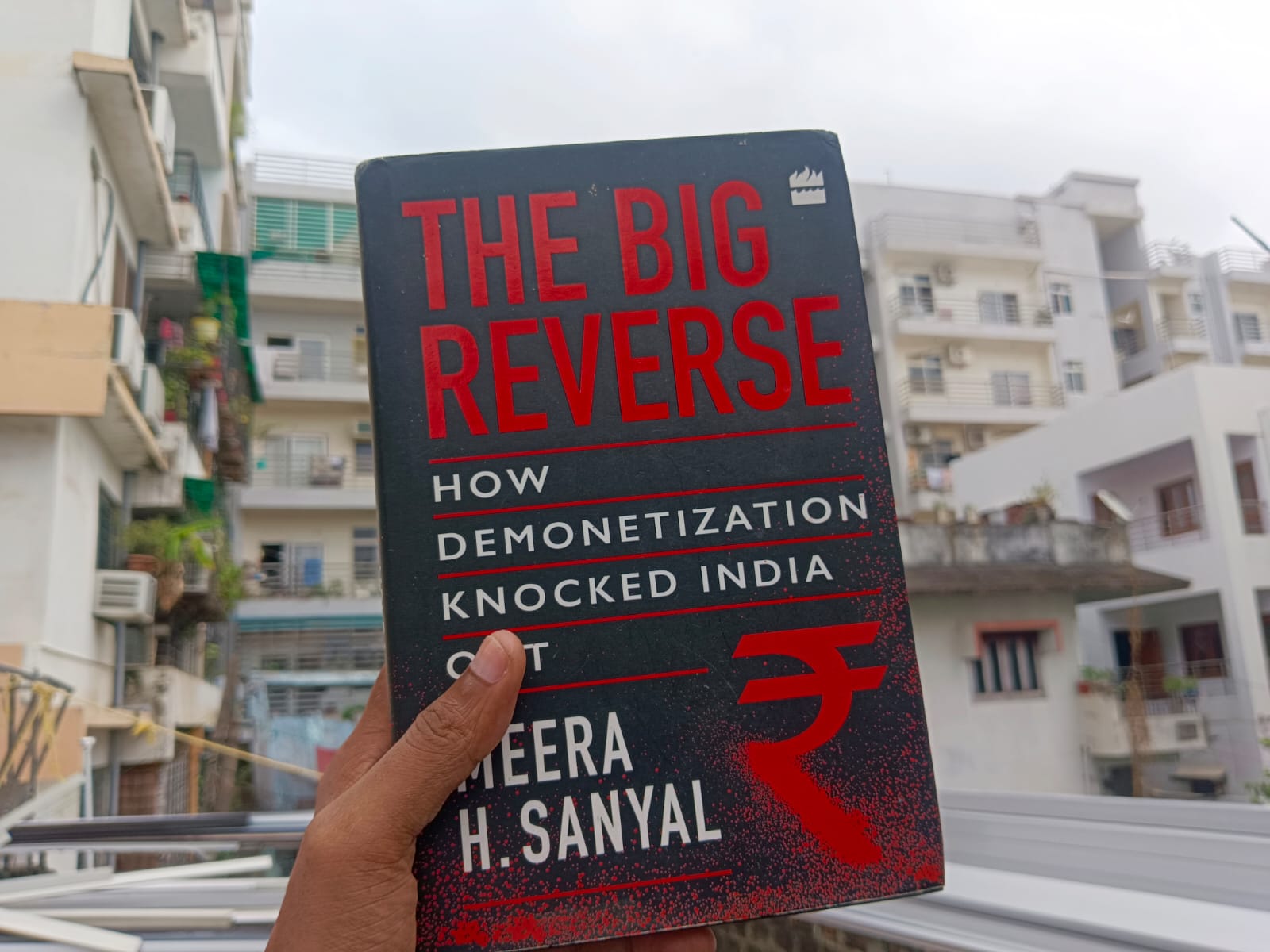
In "The Big Reverse," Meera Sanyal, former CEO of Royal Bank of Scotland in India, critiques the 2016 demonetization policy and its impact on India’s economy. Drawing on her banking experience, Sanyal outlines the consequences of the policy and its long-term effects on the economy.
Why read it? It provides a critical analysis of demonetization, offering insights into how economic policies can affect the lives of millions.
12. "What Went Wrong with Capitalism" by Ruchir Sharma
Sharma examines how capitalism has evolved in recent decades, focusing on rising inequality, declining social mobility, and the growing backlash against globalization. He offers insights into the challenges capitalism faces today and what can be done to fix its flaws.
Why read it? It’s a timely exploration of the challenges facing global capitalism and how economic systems can be reformed for a fairer future.
These 12 books go beyond academic theory, offering practical, data-driven insights into real-world economics. From global financial crises to behavioral economics and economic policy in India, these works deepen our understanding of how economic systems operate and the solutions needed for a more equitable future. Whether you are a student, professional, or just curious about economics, these books will help you grasp the forces shaping today’s global economy.
